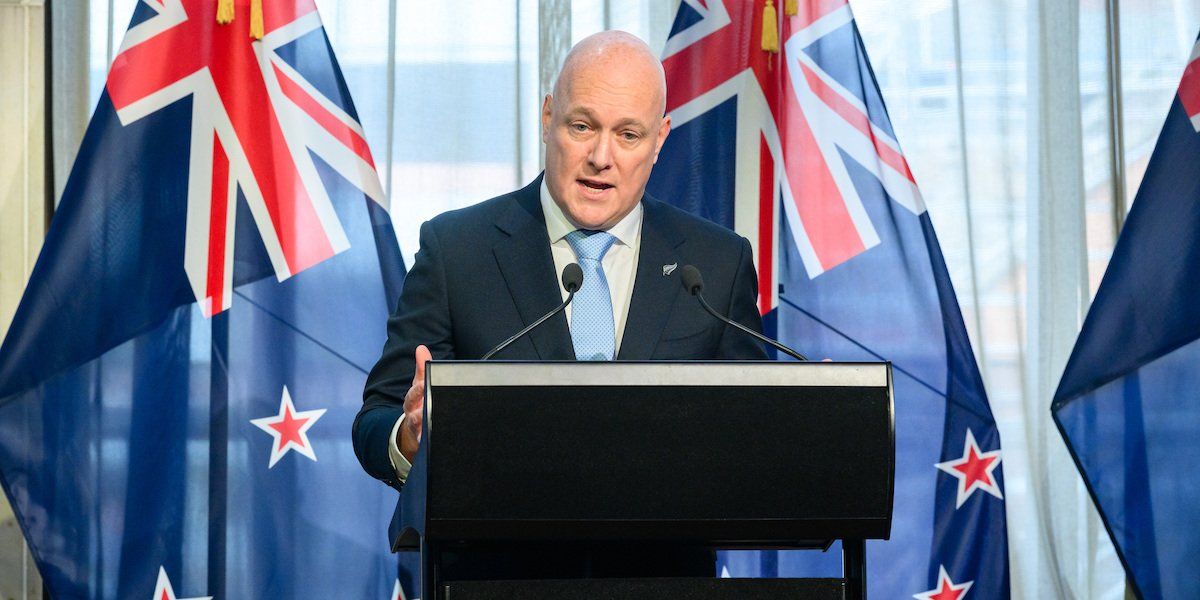Angsty teens in New Zealand can breathe wheezy about this news: The country’s plan to ban cigarettes entirely for anyone born after 2008 has been tossed into the ashtray of history, after newly elected Conservative PM Christopher Luxon scrapped the proposal ahead of his swearing-in on Monday.
The measures, which would have reduced the number of businesses permitted to sell tobacco products by 90%, were set to go into effect in 2024 and were meant to save thousands of lives and billions of dollars annually in healthcare expenditures. They were passed last year by the Labour government of PM Jacinda Ardern, whose abrupt resignation in January triggered elections that were won by a conservative coalition six weeks ago.
Luxon and his allies say — not without reason — that banning durries, as cigarettes are known colloquially in New Zealand, would simply foster a vast black market, undermining the health benefits of a ban while delivering none of the tax revenue that the government currently gets from levies on tobacco products.
